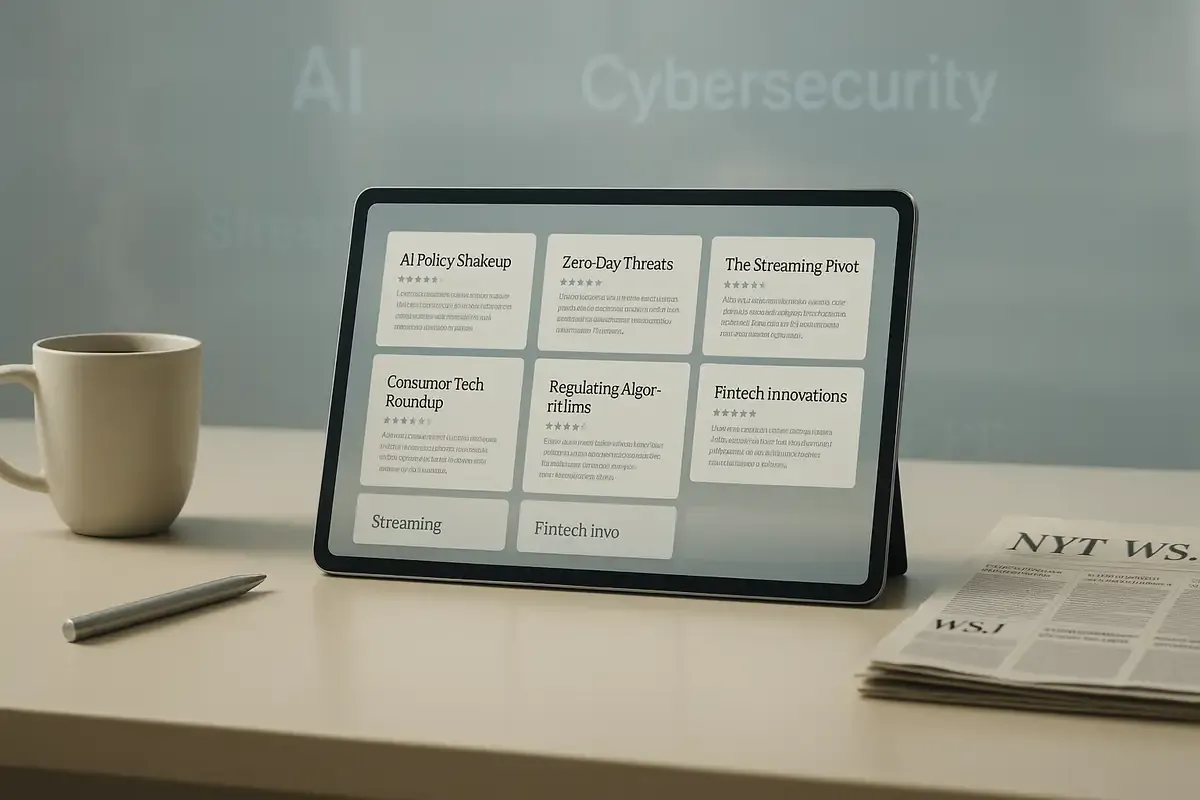How China's Patriotic 'Honkers' Became the Nation's Elite Cyberspies
Wired • Kim Zetter
Chinese teens who hacked for patriotism in the 1990s became the backbone of state espionage. The report follows hackers like Tan Dailin, who won university contests before joining APT 41 and facing US indictment. Many of these hackers started cybersecurity companies that also work for Chinese intelligence, creating hacking tools like PlugX.
Read full article →AI Groups Replace Low-Cost 'Data Labellers' with Industry Experts
Financial Times • Melissa Heikkilä
AI companies are ditching $2/hour workers for high-paid specialists. Scale AI, Turing, and Toloka now hire biologists and finance experts at 20-30% above market rates to train next-gen models like OpenAI's o3. Companies now care more about getting better data than getting lots of data, especially as they try to build AI smarter than humans.
Read full article →How YouTube Won the Battle for TV Viewers
Wall Street Journal • Ben Fritz
YouTube dominates American TV screens with over a billion daily viewing hours. That's more than Disney's entire empire of networks and streaming services combined. Video makers are creating longer content for people watching on TVs, and YouTube keeps adding features to make the app work better with remotes—helping them earn $54.2 billion last year.
Read full article →Apple's 2026 Foldable iPhone: Samsung Comparison; M5 iPad Pro Dual Front Cameras
Bloomberg • Mark Gurman
Apple will launch its first foldable iPhone in late 2026, seven years after Samsung. The device will look like Samsung's Galaxy Z Fold and use Samsung display parts—a rare case of Apple following rather than leading. Still, millions of iPhone users have been waiting for Apple to make a foldable, and that demand could help Apple take over the market even at $2,000+.
Read full article →The AI Exec Who Isn't Trying to Become God
Wall Street Journal • Tim Higgins
Microsoft's AI chief takes a different path than rivals chasing superintelligence. While Zuckerberg and Musk claim AGI is imminent, Mustafa Suleyman says it's 10 years away and focuses on solving real problems in energy, education, and healthcare. His pragmatism shows the split between startups dreaming big and companies building for today.
Read full article →Popular Podcasts Like Joe Rogan and Theo Von Are All Video Now. Who Is Watching?
New York Times • Joseph Bernstein
Podcasts have gone visual, with 2-5 hour YouTube shows of people talking in chairs. Three-quarters of listeners now watch video versions, though many just minimize the window while working. The shift created new business models and viral social clips, changing how Americans consume long conversations.
Read full article →How a Video Studio Embraced A.I. and Stormed the Internet
New York Times • Stuart A. Thompson
The Dor Brothers make videos entirely with AI and earned over $1 million last year. Their viral political satires and sci-fi trailers show a new creative era where anyone with a keyboard can produce professional-looking content. Critics call it "AI slop," but their 100 million views suggest AI video is becoming a real creative medium.
Read full article →








